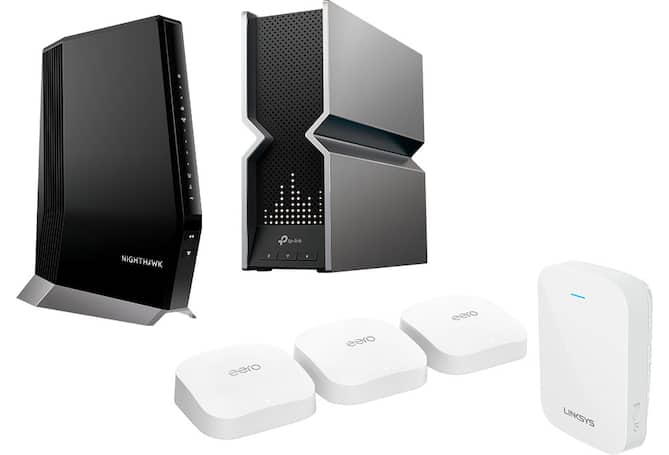What is a VPN and Why Do You Need One?

carousel
More than ever before, securing your internet connection is a vital part of using the world wide web. In 2022 alone, the FBI received well over 800,000 complaints of cyber security threats.See Disclosure 1 Moreover, hundreds of millions of security breaches were detected by organizations across the globe.See Disclosure 2 From protecting your sensitive data from prying eyes to preventing more serious cyber security threats, there are numerous ways to create a more secure connection. One of these ways is implementing a virtual private network (VPN).
According to data, half of all internet users use a VPN for security and privacy, and many of them use a VPN for work.See Disclosure 3 Those statistics are no surprise—a VPN can be counted among the top tips for enhancing your online security. At its core, a VPN creates a secure and encrypted connection between your device and your network connection, safeguarding your data. Keep reading to learn more about VPNs, including how they work, the reasons why you might need one, the best VPN options available and how to set up a VPN for various devices.
What is a VPN?
Do I need a VPN?
How to set up a VPN
VPN for different devices: PC, iPhone, Firestick, Mac, Chrome and Android
Whatever type of computer, phone or other internet-connected device you use, there's a VPN solution tailored to your needs. Some prime examples of this include:
- VPN for PC and Mac. Most software and services offer dedicated compatibility with Windows computers and laptops, allowing seamless integration and protection. Similarly, VPN for Mac desktop or MacBook users are optimized for macOS, so make sure to check compatibility before making a purchase.
- VPN for iPhone and Android. Smartphone users can also enjoy the benefits of a VPN. This may be more important than ever as more people do extremely sensitive operations like mobile banking and storing passwords on their device for automatic logins. From VPN for Android to protecting your iPhone, many security software providers offer user-friendly mobile capabilities, enabling you to secure your internet connection with a few taps. If you're looking to extend the protection to your browsing activities using a VPN for Chrome, look for browser extensions, most of which are easy to install and use.
- VPN for Firestick and other streaming devices. For those who use streaming devices like an Amazon Firestick, a VPN is an option for these devices. Apart from the benefit of enhanced privacy while using streaming services, a VPN can even unlock geo-restricted content.
Free VPNs: a cautionary note
VPN Speed Test: determining the fastest VPN
Installing a VPN is easy and worth it
References
1. “Calculate Your Carbon Footprint.” The Nature Conservancy. 2022. https://www.nature.org/en-us/get-involved/how-to-help/carbon-footprint-calculator/.
2. “Carbon Footprint Calculator.” United States Environmental Protection Agency. July 14, 2016. https://www3.epa.gov/carbon-footprint-calculator/.
3. “Sources of Greenhouse Gas Emissions.” United States Environmental Protection Agency. 2022. https://www.epa.gov/ghgemissions/sources-greenhouse-gas-emissions.